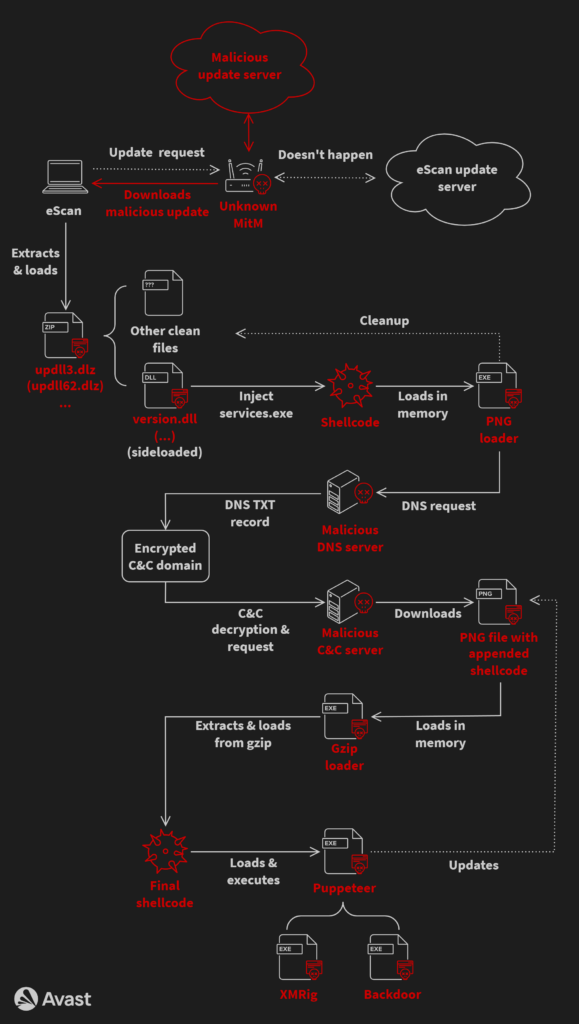From techtarget.com
Mandiant found that while attacker dwell time decreased in 2023, ransomware and other threats continued to rise.
The cybersecurity company published on Tuesday its ‘M-Trends 2024 Special Report,’ which offered some bright spots for organizations amid an increasingly complex and expansive threat landscape. According to the report, which is based on Mandiant Consulting investigations during 2023, the global median dwell time for attackers fell to its lowest point since the company began tracking the metric in 2011. Dwell time, which is the number of days that an attacker is present in an environment before being detected, decreased nearly a week — from 16 days in 2022 to 10 days last year.


